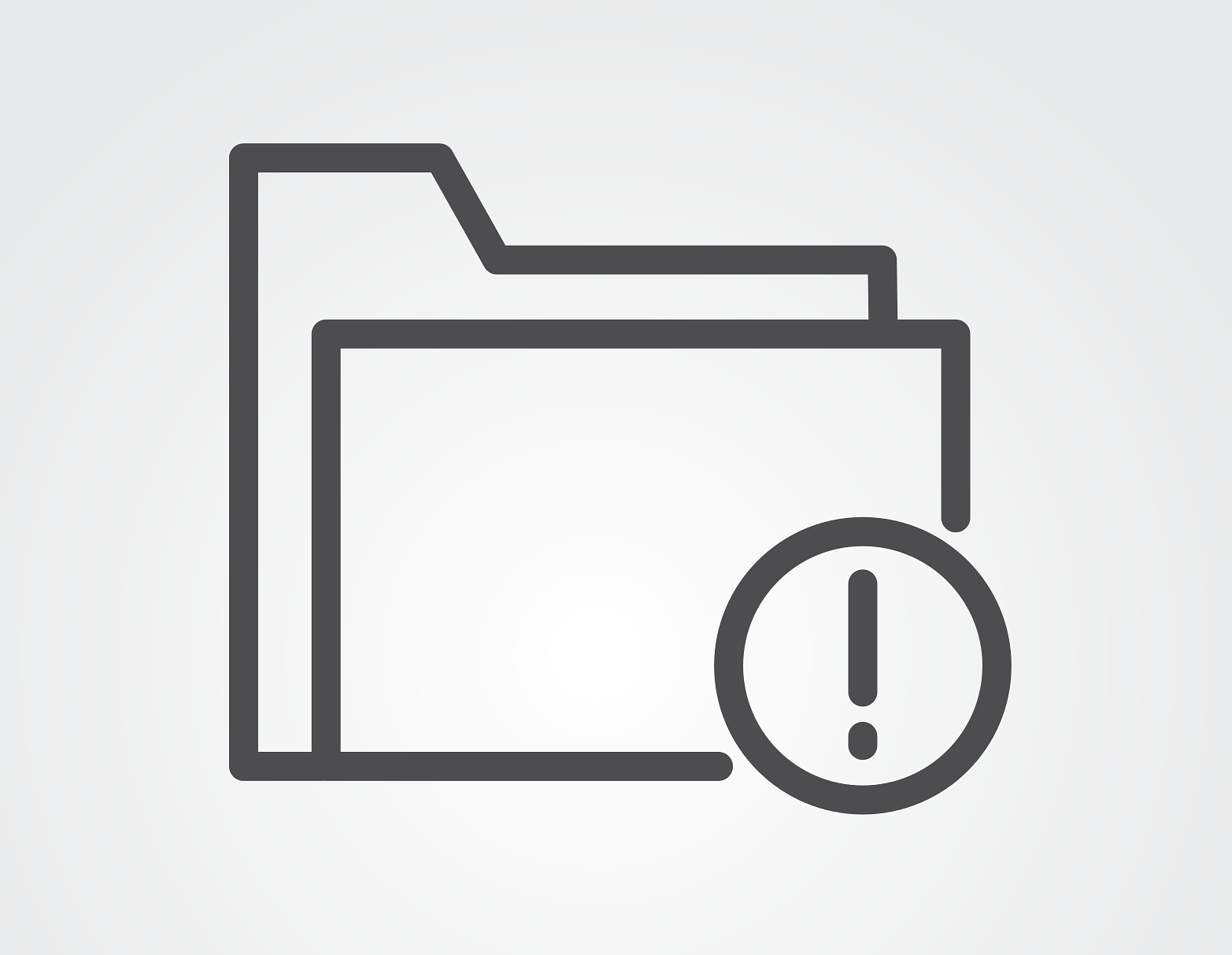A report from the National Audit Office has found that government needs to make a number of improvements in order to be better prepared to tackle fraud during future emergencies
Government must improve how it deals with fraud in emergency situations to protect taxpayers’ money, the UK’s spending watchdog has warned, in a report that calls on departments to act now to “plan for the data you will need” during a crisis.
The National Audit Office has urged the government to embed more “flexible” counter-fraud capability that can be deployed quickly in an emergency, pointing to its earlier discovery that the amount of fraud in departments nearly quadrupled after the emergence of Covid. The report calls for robust planning now to lay the groundwork for future crises.
“Emergency spending can carry a higher risk of fraud and impropriety, whether this is to support individuals and businesses or to purchase goods and services to support government’s emergency response,” the report says.
The report calls on the Public Sector Fraud Authority – created in 2022 with a remit to use data and analytics to tackle fraud – to come up with a plan so that, should an emergency arise, it is in a position to lay out key counter-fraud priorities and know where people with the right skills are.
To support such preparedness, the NAO recommends that departments consider which inter-departmental data sharing arrangements can be set up now to ensure they can access the data they need at short notice.
“Officials told us that they struggled to access the data that they needed that existed elsewhere in government to support emergency responses,” the report says. “The recent pandemic demonstrated that agreeing data sharing under the Digital Economy Act 2017 can be cumbersome and take too much time to be practical in an emergency.”
Related content
- DWP signs deal for AI tech to analyse citizens’ social posts in anti-fraud drive
- Government metrology unit issues warning after fraudsters target scores of IT suppliers
- Financial watchdog explores synthetic data to tackle fraud
The NAO acknowledges that “improving data and interoperability is a systemic challenge for government”, but finds that some progress has been made since the height of the pandemic. Going forward, the audit agency recommends that the Central Digital and Data Office works with departments to help them: “work out now what current datasets might be needed in an emergency to make payments and fight fraud… review the extent to which these datasets are accessible and readily shareable within government… [and] consider what data-sharing arrangements could be set up now”.
Elsewhere in the report, it is recommend that the PSFA should also ensure there are “strong bonds” across the government counter-fraud profession to enable it to form effective new teams in an emergency, and that it can influence their deployment, it says.
Among the challenges the report identifies for tackling fraud in turbulent times, it notes that the government currently has limited flexibility to move counter-fraud staff. As a result, some departments are reliant on external consultants or secondees from other organisations for expertise.
The report builds on an earlier NAO publication, which found the amount of fraud departments reported shot up from £5.5bn in 2018-19 and 2019-20 to £21bn in 2020-21 and 2021-22. Just over a third of the £21bn – £7.3bn – was related to temporary Covid schemes, with most of the rest attributed to benefit fraud.
“The impact of actual or perceived impropriety may persist for some time after the emergency. This is true even if perceived impropriety is proven to be incorrect, undermining public trust,” the report says.
“By the time an emergency has started, it is usually too late to take all the steps needed to respond in a way that protects propriety.”




